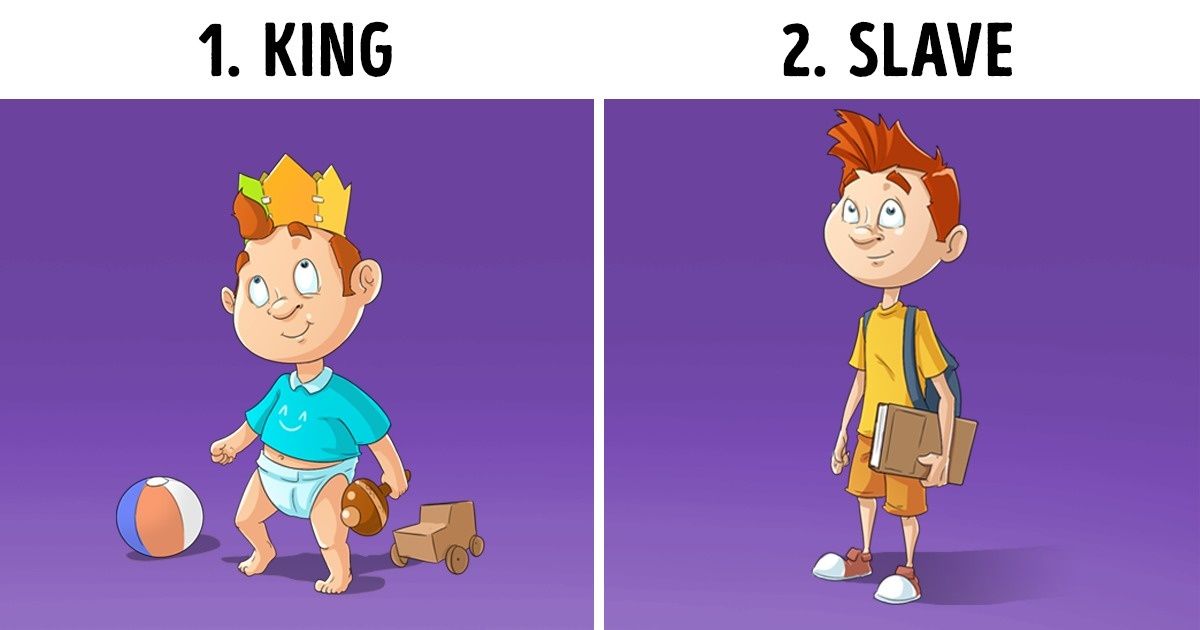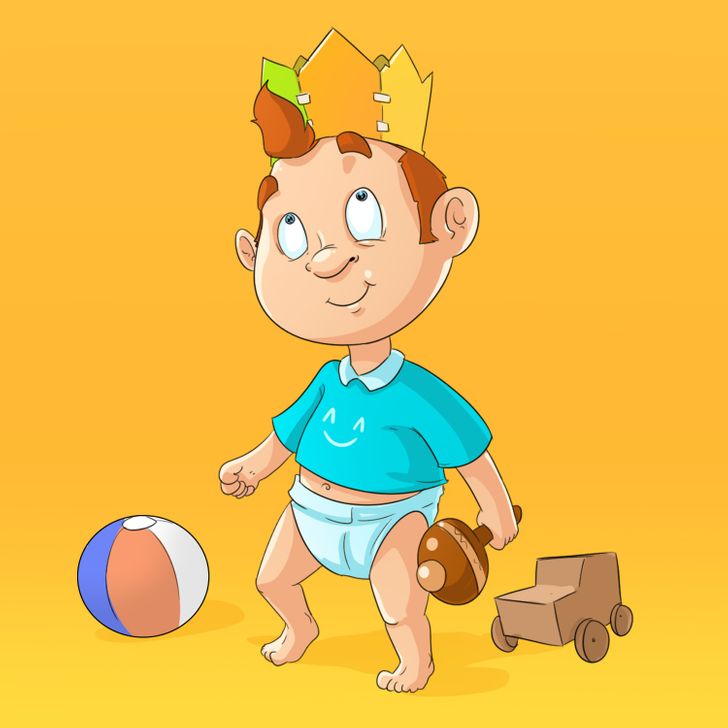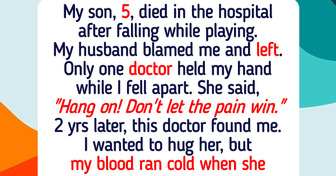cool
4 Stages of Raising Children According to Tibetan Wisdom

As you might already know, the people of Tibet are patient, wise, and have their own unique look at all facets of human life. So, there's a special "Tibetan view" when it comes to bringing up children. It helps them raise a self-sufficient person who will make thoughtful decisions and respect their parents.
Bright Side discusses the 4 temporary stages of raising children, according to Tibetan wisdom.
Stage 1: before the age of 5

According to the Tibetan upbringing system, during this period parents should talk to the child like they are "a king or queen." They shouldn't prohibit anything or punish the child.
At this age kids are curious, active, and they are ready to explore the world. But they haven't had any experiences to learn from, and they can't come to logical conclusions yet. So if they do something wrong or dangerous, you should look and act scared and try to shift their attention to something else. Emotions are the language kids understand very well in this period.
- If you are overprotective of your child and prohibit them from doing a lot of things, then there is a risk that you will suppress their mental acuity and teach them to follow without thinking.
Stage 2: from 5 to 10 years old

During this period, parents should talk to their children like they are "a slave." But being mindful to not be cruel. At this time in their life, intelligence and logical thinking are developing and the base of their future personality is forming.
Now, it's important to set different goals for your child, control how they achieve them, and teach your child to be ready for consequences that are caused by not achieving their goals. So, a child should start to learn to be responsible for their actions. Don't be afraid of giving your child a lot of tasks during this period, they can handle it and are ready to learn.
- If you don't switch from "king" to "slave" during this period, they will grow up childish and unable to be responsible for their own actions.
Stage 3: from 10 to 15 years old

From age 10 to 15, it's important to talk to the child as if you are equal. You know that you have more life experience and knowledge, but the child must be able to tell you what they think and and share their own opinions.
Help them with this: ask them for advice and encourage independence. It's important to give advice, not orders or prohibitions, because this is the age when the independence of thinking is formed.
- If you prohibit a lot of things, you will worsen your relationship and your child might put themselves in a dangerous situation. And if you are overprotective, they will grow up insecure and dependent on someone else's opinion.
Stage 4: from age 15 and older

By this time, the personality of the child is fully formed. Now it's important to be respectful. You can give advice, but it's too late to teach. And you will see the results of your actions: the child is independent, self-sufficient, and they respect their parents and everyone else.
What do you think about this Tibetan wisdom? Tell us in the comment section below!
Comments
Related Reads
12 Times Blended Families Learned That Love Doesn’t Need DNA

I Refused to Let Anyone Steal What My Dad Left Me, and My Mom Made It Worse

12 Moments That Teach Us to Stay Kind, Even When Life Becomes Heavy

15 “How We Met” Stories Destined to Become Family Legends

I Refuse to Let My Stepson Disrespect Me, His Arrogance Cost Him Big

My Mom Forgot About Me Until She Needed My Help—I Turned the Tables on Her

I Refuse to Be Treated Like a Servant in My Own Home, So I Had to Draw the Line

I Was Fired for an Intern — Karma Hit Fast

My Husband Promised to Stop Watching Me Through the Cameras—He Lied

I Funded My Wife’s Luxury Demands—She Made Me Regret Every Penny

I Refused to Talk to My Parents After They Chose My Ex-Wife Over Me

I Refuse to Let My Daughter Attend Her Dad’s Wedding
